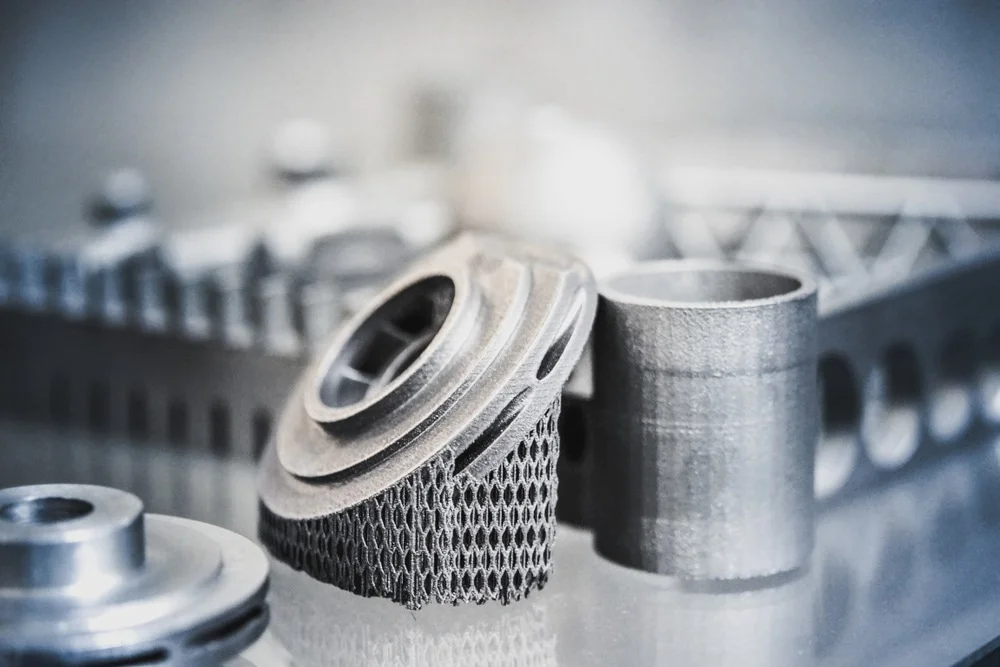ISO 6892-3 Tensile Creep Testing of Metallic Materials
The ISO 6892-3 standard provides a comprehensive approach to the tensile creep testing of metallic materials. This service is critical for ensuring that materials and components can withstand high-stress environments over extended periods without failure.
Creep tests are conducted under specific temperature, stress, and time conditions to evaluate how much elongation or strain occurs over a given period. The ISO 6892-3 standard specifies the methods for determining these properties through precise testing procedures.
The service involves preparing specimens according to the specified dimensions in the standard. Specimens are then subjected to uniaxial tensile stress at elevated temperatures, typically ranging from room temperature up to as high as 1000°C, depending on the material being tested. The creep behavior is monitored over time using specialized testing equipment capable of withstanding these conditions.
During the test, strain gauges are attached to monitor the deformation of the specimen while it is subjected to stress and temperature. The data collected from this monitoring allows for accurate determination of key parameters such as the initial elastic modulus, yield strength, ultimate tensile strength, and creep behavior at various temperatures.
The results of these tests are crucial for industries where materials must perform reliably under high-stress conditions over extended periods. This includes aerospace, automotive, nuclear, and petrochemical sectors that rely on components made from metals such as steel, titanium, nickel alloys, and others.
| Material Group | Temperature Range (°C) | Stress Level (%) |
|---|---|---|
| Steel Alloys | 300 to 750 | 1 to 5 |
| Titanium Alloys | 400 to 900 | 1.5 to 6 |
| Nickel-based Alloys | 600 to 1200 | 2 to 8 |
The testing process ensures compliance with international standards and provides reliable data for material selection, design optimization, and quality control. The precision of the test results is essential for ensuring that materials perform reliably under high-stress conditions over extended periods.
Why It Matters
The importance of ISO 6892-3 testing cannot be overstated, as it directly impacts the safety and reliability of critical components in various industries. For instance, aerospace engines must operate reliably under extreme conditions for extended periods without failure. Similarly, nuclear reactors require materials that can withstand high temperatures and stresses over their operational lifetimes.
- Ensures compliance with international standards
- Supports material selection for critical applications
- Maintains product quality through rigorous testing procedures
- Aids in the design optimization of components subject to high stresses and temperatures
Industry Applications
The ISO 6892-3 tensile creep testing service finds application across several industries, particularly those involving materials that must perform reliably under high-stress conditions over extended periods.
- Aerospace: Ensuring the reliability of engine components and structural elements
- Automotive: Evaluating exhaust systems and other components subjected to high temperatures
- Nuclear: Assessing reactor components for long-term performance in extreme conditions
- Petrochemical: Testing piping, valves, and other equipment used in harsh environments
International Acceptance and Recognition
The ISO 6892-3 standard is widely recognized and accepted across the globe. It ensures that testing results are consistent and comparable, facilitating international trade and collaboration.
- Aerospace industry adheres to this standard for compliance with regulatory requirements
- Automotive manufacturers use it to ensure product quality meets global standards
- Nuclear power plants rely on the results of ISO 6892-3 tests for safety and reliability assessments





